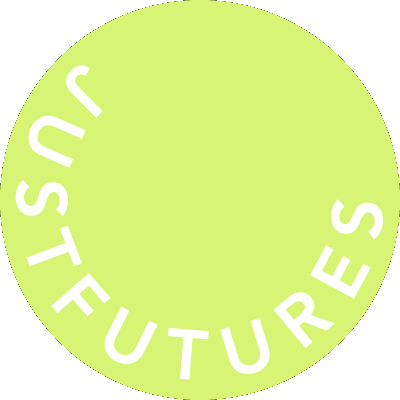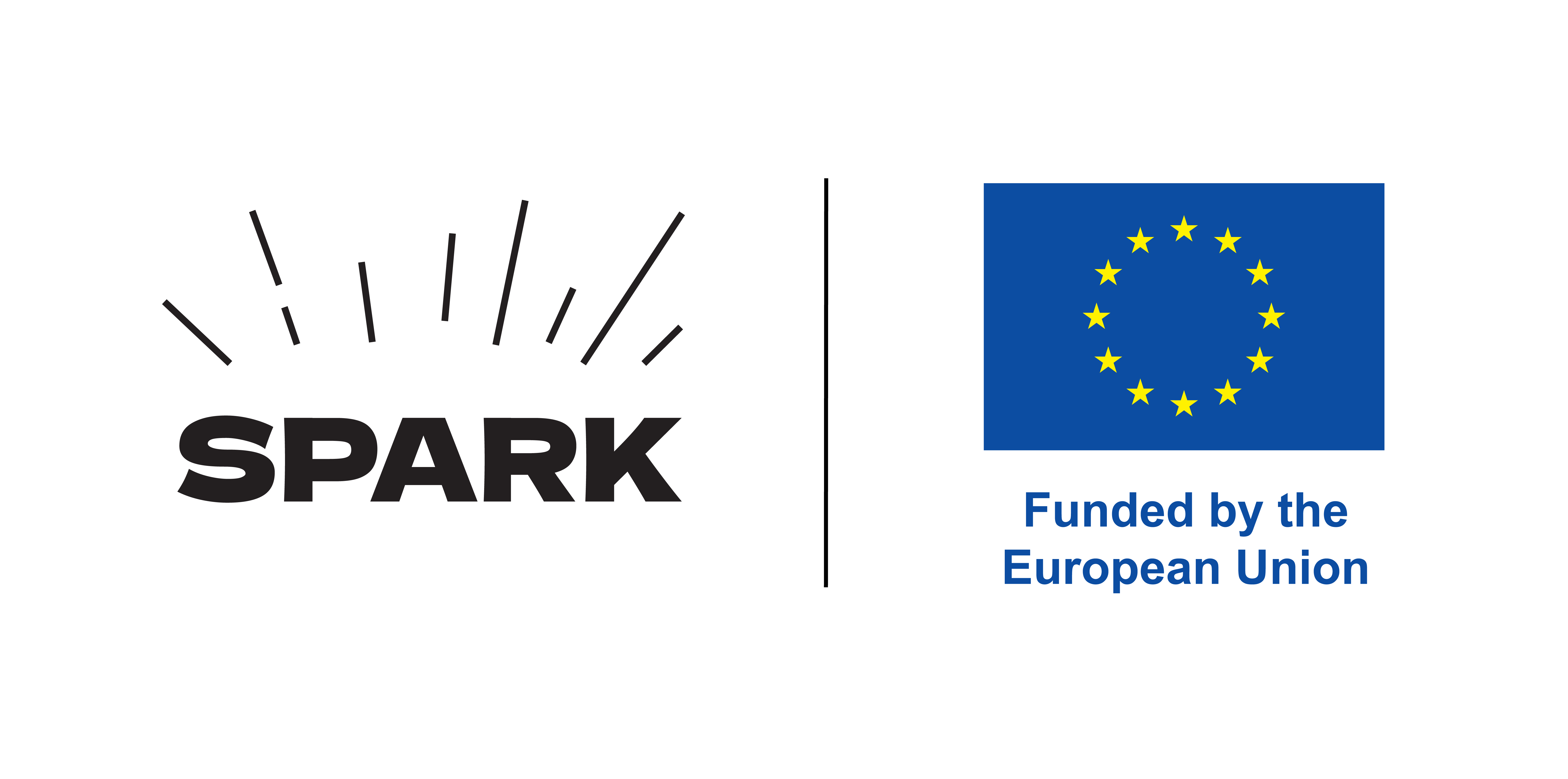United Kingdom (London)
Need systems to change? It helps to have the law on your side.
In our fight against the climate crisis, we have a rapidly closing window to act. While the IPCC report is bleak, there is still room for hope. A livable and sustainable future is still possible and although some impacts are considered “irreversible”, nature and people offer solutions that can help us thrive on our home planet. But if we want to harness the power of collective action and make Earth livable for all Earthlings, we need to rethink and reshape our current systems. Having the law on our side can help.
ClientEarth is one of the world’s most ambitious environmental non-profits, set to create systemic change by using the law to protect the Earth for — and with — all its inhabitants. The 250-strong team boasts lawyers and legal experts from all over the world, specialising in topics such as tackling greenwashing, climate justice, fighting for clean air, saving habitats and ending the use of coal. From their offices in Europe, Asia and the US, they shape, implement and enforce the law to “defend everyone’s right to a healthy world.”
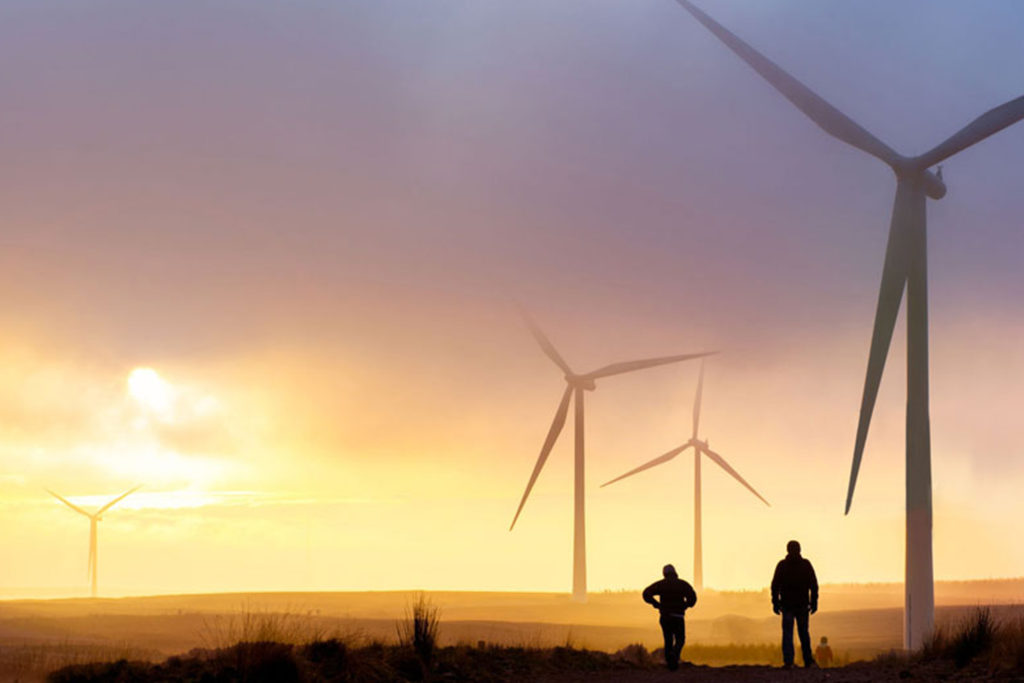
ClientEarth today has 168 active cases tackling the most pressing environmental challenges.
But how do you make sure the law protects people and planet? You go to court to enforce laws against those who harm the environment. From coal plants to deforestation, from toxic chemicals to air pollution, ClientEarth today has 168 active cases tackling the most pressing environmental challenges. The organisation also fights for everyone’s right to access to justice: after over a decade of legal battles, they scored permission for people all over the EU to take the EU institutions to court. And when there are no appropriate laws addressing crucial aspects of the crisis, they advise and advocate until better laws are shaped. That’s the case with overfishing, for example, which ClientEarth helped make illegal in the EU.
James Thornton, the founding CEO of ClientEarth, told us that we can and must change the current systems if we want a sustainable future. Named as one of the top 10 people who could change the world by the New Statesman, James dedicated his life to fighting for environmental justice and is convinced that the most powerful tool to achieve systemic change is the law. He says:
“Only law levels the playing field between the individual and the largest forces in society, namely countries and companies. If you master the skills of law and deploy them strategically, you can rewrite the rules of the game in legislatures, then enforce the new rules in court.”

From their offices in Europe, Asia and the US, ClientEarth shapes, implements and enforces the law to “defend everyone’s right to a healthy world.”
ClientEarth’s work is making legal waves in a variety of fields and countries. They won three court cases against the UK Government that force it to tackle illegally dirty air. They saved Europe’s oldest forest from destruction and helped write a new EU logging law, banning the import of illegal timber. They forced energy giant BP to withdraw its greenwashing adverts, and the judges and prosecutors they trained in China have already launched more than 100,000 environmental legal challenges.
James tells us that he’s also proud of the way the organisation is collaborating with other sectors, like music and the arts, since “art and artists have extraordinary potential to push boundaries and to lead society in imagining a better future for us all.” Coldplay, for example, are long-term patrons, and Christie’s and Gallery Climate Coalition recently launched the collaborative initiative Artists for ClientEarth to support the work of Earth’s legal eagles.
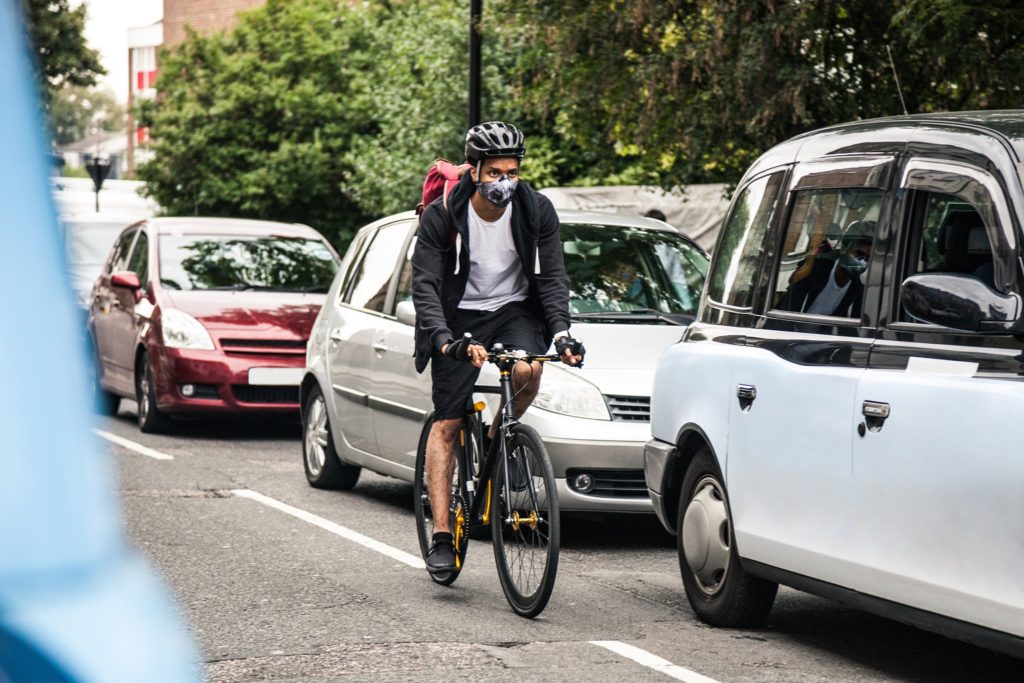
ClientEarth won three court cases against the UK Government that force it to tackle illegally dirty air.
James says that climate litigation can help us mend the relationship between human societies and nature as it empowers citizens around the world to use the legal system to hold governments and businesses to account. Vulnerable groups like Indigenous communities are disproportionally affected by the impacts of the climate crisis, and legal action can help them fight for a fairer future.
That was the case in 2019, when ClientEarth lodged a world-first case with the UN’s Human Rights Committee in Geneva for a group of Torres Strait Islanders who saw their rights to culture, life, family and home threatened by the climate crisis. The case argues that Australia is failing in its legal duties to protect its climate-vulnerable communities as rising sea levels are eroding the community’s islands, damaging infrastructure and significant cultural sites.
“Our failure to support those who bear the brunt of climate change is unacceptable and if governments do not act appropriately, litigation will increasingly be used to hold them accountable. People should not look at the law and think they cannot use it.”
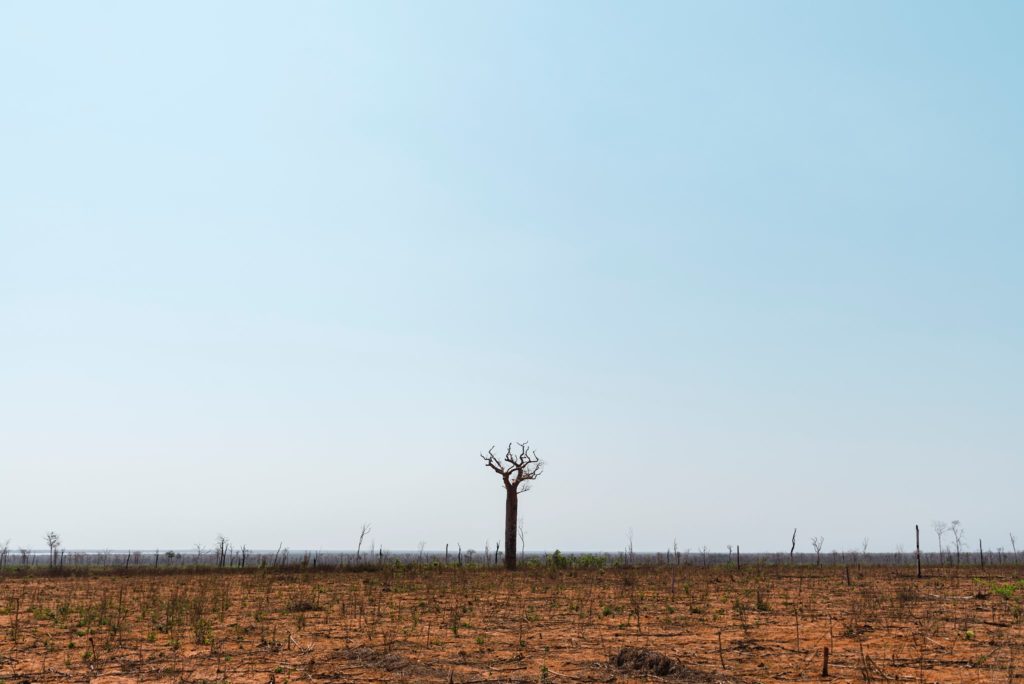
James says that climate litigation can help us mend the relationship between human societies and nature.
James and ClientEarth “don’t believe it is up to the individual to solve the climate crisis – it requires industry level transformation.” And although decision-makers have made progress in some key areas, “it’s just nowhere near fast enough” and there is still “a gap between what the Glasgow COP26 summit has achieved and what is urgently needed to address the climate crisis and secure justice for the worst hit countries.” However, citizens of the world can demand a radical change in the pace of action and advocate for systemic change as the possible and only way to achieve a healthier and brighter future. As James says: “support and belief in our mission is crucial to our work.”
AtlasAction: You can help ClientEarth use policies and laws to find positive solutions for the most urgent environmental challenges by donating here. For every £1 ClientEarth spends, 86p goes to their programmatic work. You can also sign up to their newsletter and follow them on Twitter, Facebook, Instagram and LinkedIn.
Bio
Barcelona-based storyteller and lasagne wizard. Covering stories of joy and the talent at work to re-imagine our world. Former Editor-in-Chief of Atlas of the Future.
Project leader
James Thornton, founding CEO
Partners
Support the Atlas
We want the Atlas of the Future media platform and our event to be available to everybody, everywhere for free – always. Fancy helping us spread stories of hope and optimism to create a better tomorrow? For those able, we'd be grateful for any donation.
- Please support the Atlas here
- Thank you!
